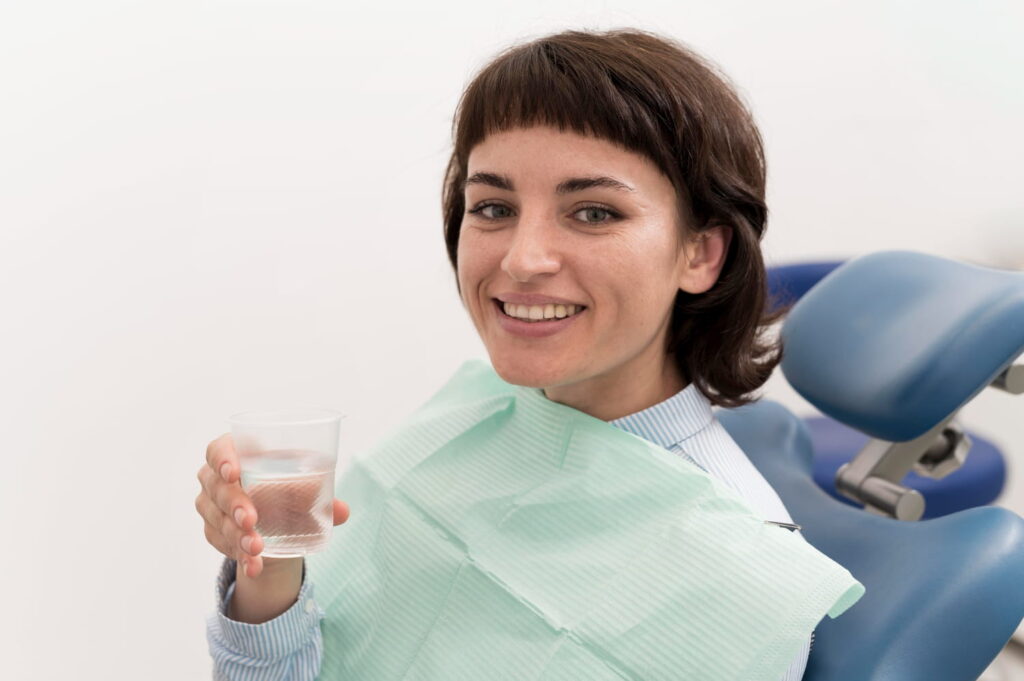Living on Curaçao or visiting this beautiful island, you’ll likely rely on the local tap water for daily use, brushing, cooking, drinking. But how does Curaçao’s tap water affects your teeth? Understanding the mineral content, pH levels, and possible contaminants can help protect your teeth over the long term.
Mineral Content & Fluoride Levels
Fluoride in drinking water helps harden enamel and lowers cavity risk. Interestingly, local fluoride levels in Curaçao’s tap water have changed in recent years, the island discontinued fluoridation around 2017, reducing fluoride concentrations from roughly 1.5 ppm to below optimal levels.
Fluoride in drinking water hardens enamel and lowers cavity risk. Because Curaçao’s tap water may not always provide optimal fluoride, use fluoride toothpaste and, if advised, dentist-guided supplements. Imbalanced mineral or fluoride levels can contribute to enamel erosion and decay, two of the most common dental problems.
Calcium and magnesium also support remineralization. Moderately “hard” water can be helpful; extremely hard water mainly causes scale buildup and an unpleasant feel, without added dental benefit.
pH & Acidity
Beyond minerals, the pH of the water plays a crucial role. If local tap water is slightly acidic (pH below ~7), it can slowly demineralize enamel over time, making teeth more vulnerable to erosion and sensitivity, especially when you combine it with acidic foods or drinks.
Fortunately, most municipal water systems aim for a near-neutral pH to avoid corrosion of pipes and infrastructure. But fluctuations, especially in areas further from treatment plants or during maintenance, might cause occasional lower pH levels.
Contaminants & Water Quality Risks
Tap water on Curaçao is treated and generally safe to drink, but like any public water supply it can sometimes carry trace levels of contaminants or microbial agents if there is a lapse in treatment or in the distribution network. Ingesting such water rarely causes direct tooth damage, but poor water quality overall can harm gums or oral tissues, indirectly affecting oral health.
Another factor is chlorine or other disinfectants used in water treatment. These are usually present in low concentrations safe for humans, but some people perceive taste or odor issues, which might lead them to avoid tap water altogether , potentially switching to sugary bottled drinks that harm teeth more.
Practical Tips for Protecting Your Teeth
- Use a fluoride toothpaste: Since tap water in Curaçao may not supply enough fluoride, using a good fluoride-containing toothpaste gives that extra protective shield against decay.
- Drink plenty of water: Hydration helps saliva flow, which is a natural buffer and cleanser for your teeth.
- Rinse after acidic foods: If you consume citrus, sodas, or other acids, rinse with plain water (or use fluoride mouthwash) to neutralize lingering acid.
- Get regular dental checkups: At Klinika Dental Sta Rosa, we monitor enamel wear, cavities, and offer guidance on supplements or topical fluoride if needed.
- Use filters smartly: If you use a home water filter, make sure it doesn’t strip out all beneficial minerals or add acidity.
- Consider bottled water frequency: Occasional use is fine, but relying solely on bottled water may deprive your mouth of beneficial minerals present in well-balanced tap supply.
As a dental clinic in Curaçao, we at Klinika Dental Sta Rosa are well aware of how local water quality ties into oral health. If you’re concerned about your enamel, sensitivity, or decay risk, we’re here to help, drop by for a consultation or contact us with your questions.

